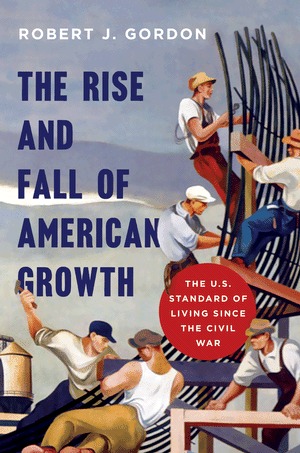The Economic Weapon
The Economic Weapon: The Rise of Sanctions as a Tool of Modern War
In "The Economic Weapon," Nicholas Mulder masterfully charts the complex origins and troubling legacy of economic sanctions, a pivotal yet paradoxical tool of modern statecraft. With a historian's precision and a storyteller's flair, Mulder embarks on a journey through the tumultuous interwar period, uncovering how what began as a wartime expedient evolved into a peacetime policy aimed at preserving global peace and upholding liberal internationalism. Through meticulous archival research, this book exposes the intricate ways in which economic measures designed to avoid bloodshed ironically took on the characteristics of warfare, employing the global flows of commerce and finance as channels for coercion and conflict. Mulder's narrative is not just a recounting of historical events but a critical examination of the ethical and practical dilemmas that economic sanctions present. By weaving together political, economic, legal, and military threads, "The Economic Weapon" reveals the deep entanglements between economic policies and their unintended yet often devastating consequences. This book is an essential read for understanding the double-edged nature of sanctions: as instruments that are both an alternative to war and yet profoundly warlike in their impacts. In an era where sanctions continue to shape the landscape of international relations, Mulder's work offers a sobering reflection on their fraught legacy and the lessons it holds for contemporary policymakers.
1
recommendations
recommendation
Similar recommendations
View all









This site is part of Amazon’s Associates Program. Purchasing books recommended by successful individuals through my links earns us a small commission, helping keep the site running, at no additional cost to you. Thank you for supporting our site!

